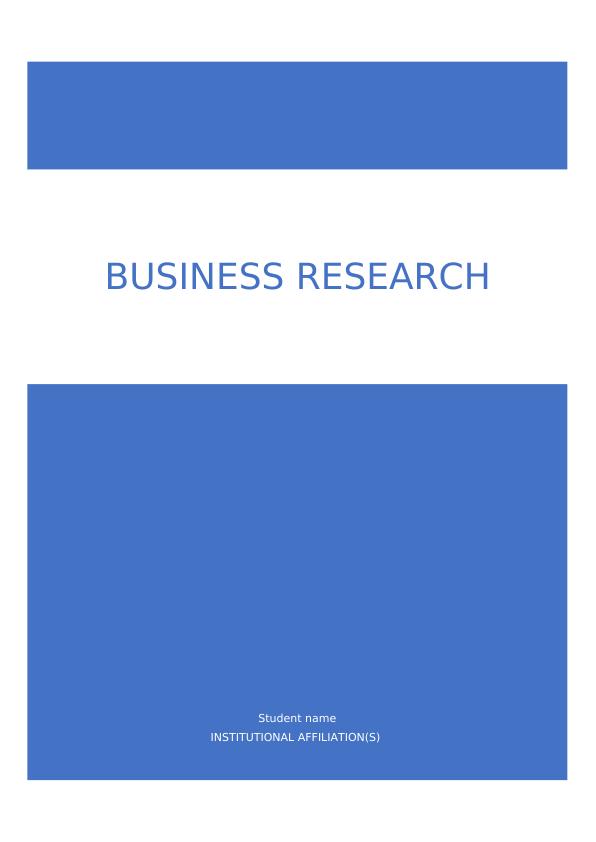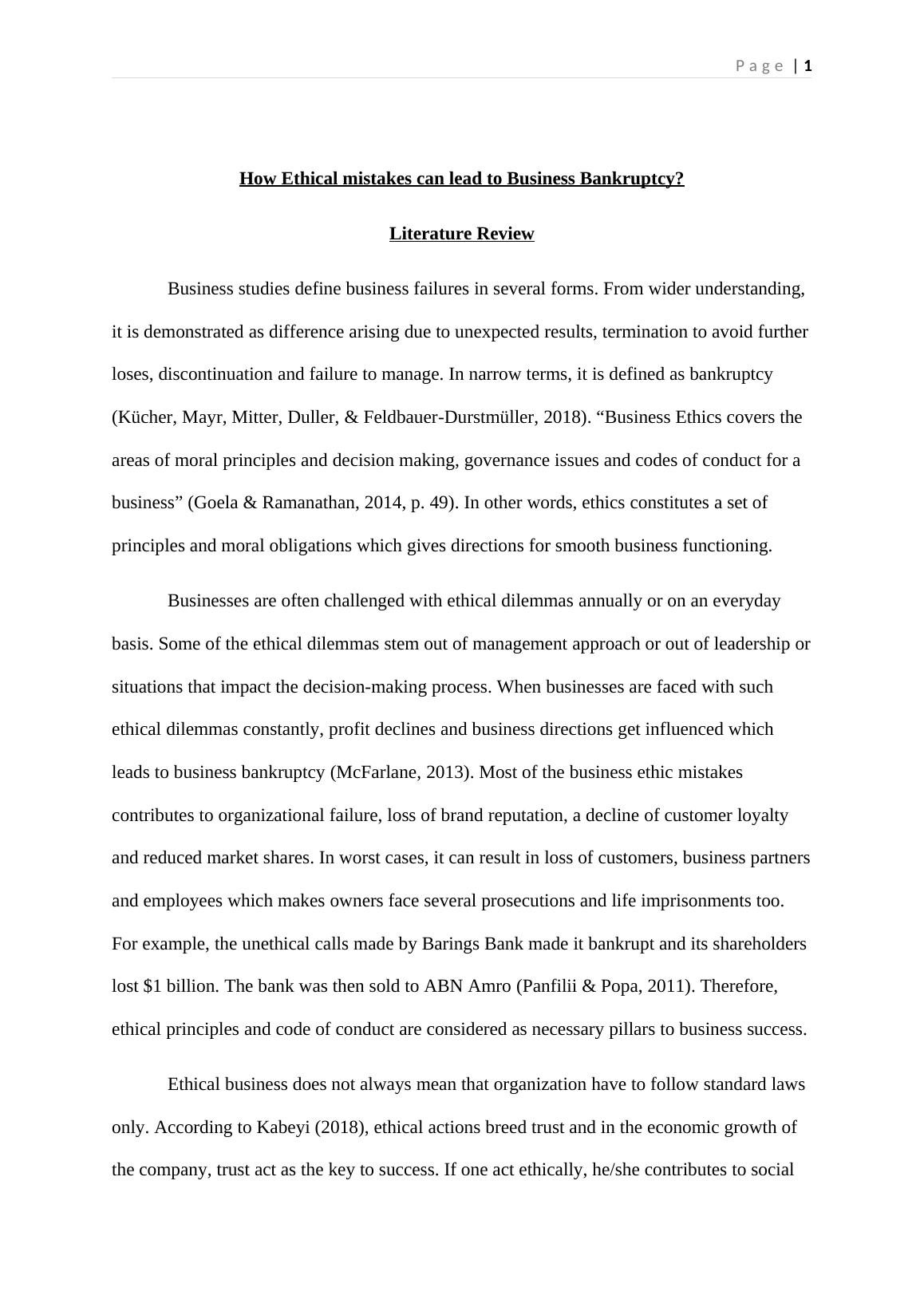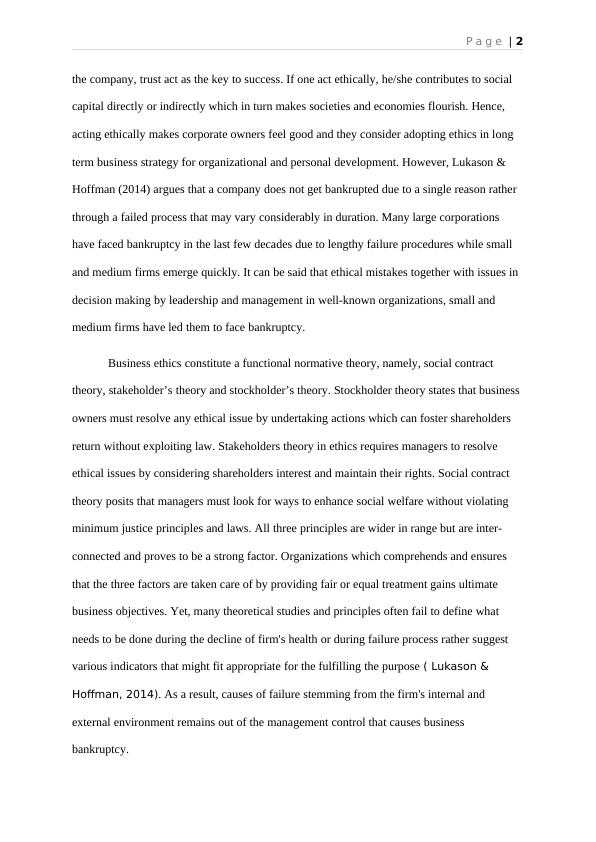Business ethics constitute a functional
Analyse ethical issues and considerations in applied business research, apply research theories and methodologies to develop a business research proposal, and succinctly communicate arguments reflecting a synthesis of literature and business research concepts.
6 Pages1251 Words18 Views
Added on 2022-09-11
Business ethics constitute a functional
Analyse ethical issues and considerations in applied business research, apply research theories and methodologies to develop a business research proposal, and succinctly communicate arguments reflecting a synthesis of literature and business research concepts.
Added on 2022-09-11
ShareRelated Documents
End of preview
Want to access all the pages? Upload your documents or become a member.
Contemporary Issues in Accounting Theory and Insolvency in Construction Industry
|7
|1944
|296
Bribery in Contracting: Professional and Ethical Options
|4
|583
|285
Analysis of Normative Theories of Business Ethics
|4
|773
|41
Business Law and Ethics: Enron Scandal and Remedies
|8
|1933
|89
Ethics Leadership and Decision Making Assignment (Doc)
|16
|4084
|31
Impact of Unethical Behavior on Boeing's Customers, Reputation, and Revenue
|10
|2481
|1



